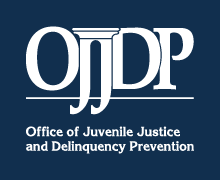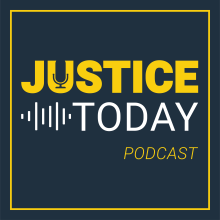Revisiting Neighborhood Context and Racial Disparities in Drug Arrests Under the Opioid Epidemic
Journal
Race and Justice
Date Published
2019
Agencies
NIJ-Sponsored
Publication Type
Research (Applied/Empirical)






